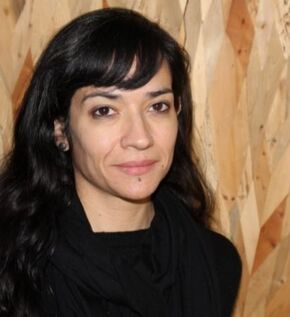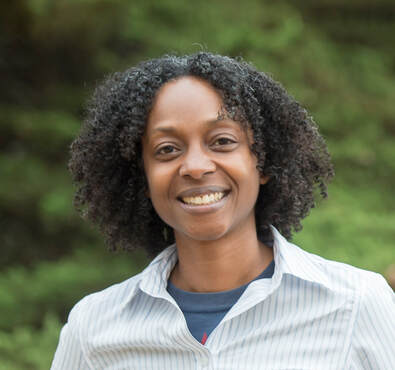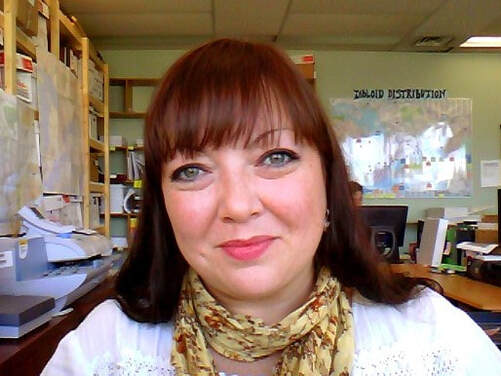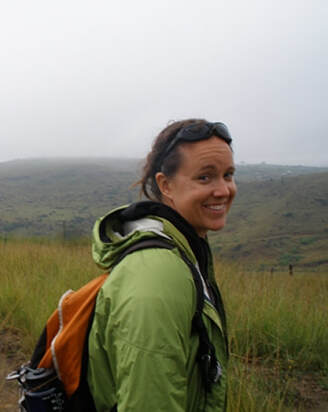Panel overviewIn order to deepen public understanding of the health dimensions of the current crisis, this panel addresses public access to healthcare and social justice issues associated with COVID 19, as well as the precarity of the broader system that this pandemic makes more visible. Presenters, including analysts and activists of the health care system and physicians from Canada and the US, discuss how they see COVID affecting their community and/or area/region of research, including how health care cuts or insufficient access to publicly funded medicine and employment insecurity influence our healthcare systems’ ability to respond. They also identify potential transformative outcomes arising from the pandemic, and discuss the ongoing work required to build those outcomes.
Find a list of works cited during the panel at the bottom of this page. Speakers |
Tracey Osborne, Facillitator
Natalie Mehra
Abigail Neely
|
Rupa Marya
Patricia Lopez
|
Works cited in discussion |
- www.rankandfile.ca/ford-government-moving-ahead-with-home-care-privatization-bill/The global pandemic has spawned new forms of activism – and they’re flourishing, The Guardian
- The 2017 National Nursing Workforce Survey, Journal of Nursing Regulation
- Digital paper trail: COVID19 accommodations
- Assessing nitrogen dioxide (NO2) levels as a contributing factor to coronavirus (COVID-19) fatality, The Science of the Total Environment
- COVID-19 Ethics Resources, Centre for Bioethics & Health Law
- Flattening the Curve: Why Reducing Jail Populations is Key to Beating COVID-19, ACLU
- Coronavirus discriminates against Black lives through surveillance, policing and the absence of health data, Thee Conversation
- Not everybody can work from home: Black and Hispanic workers are much less likely to be able to telework, Working Economics Blog
- The Curve is Not Flat Enough, The Atlantic
- Early signs suggest race matters when it comes to COVID-19. So why isn't Canada collecting race-based data?, CBC
- Democratic Bills Call for Racial Breakdown of COVID-19 Cases, U.S. News & World Report
- Ford government moving ahead with home care privatization bill








